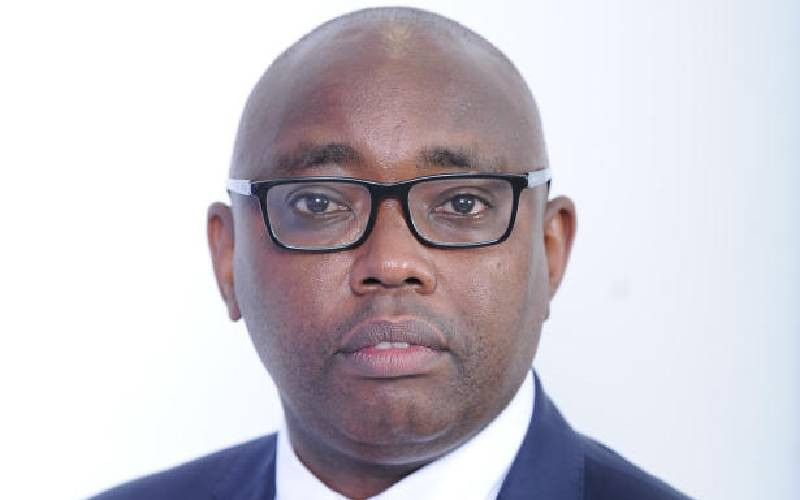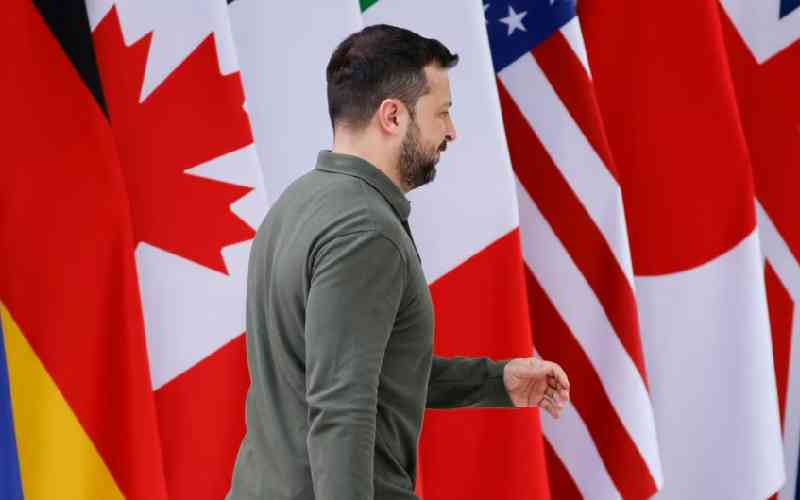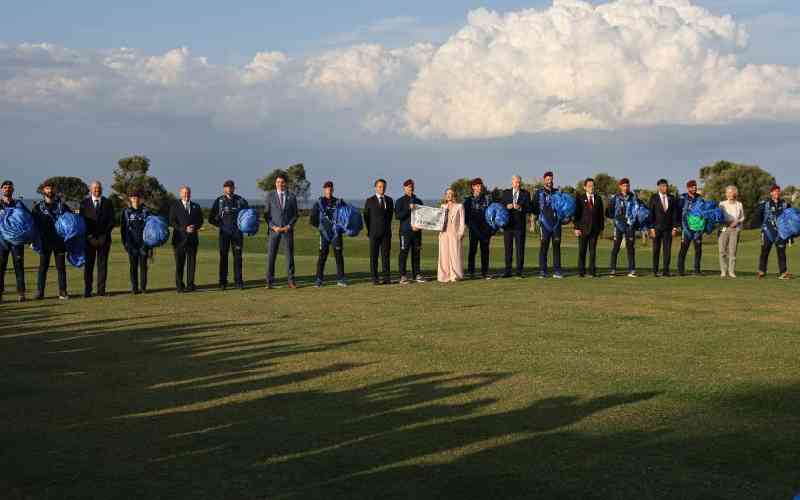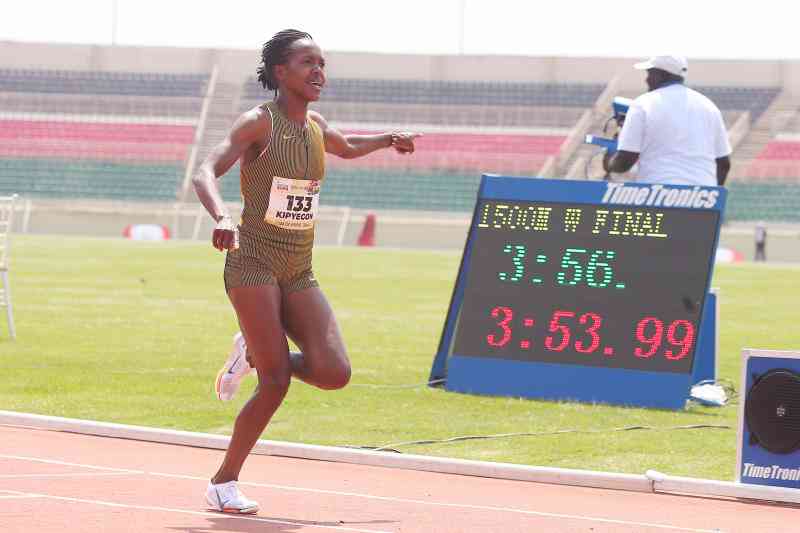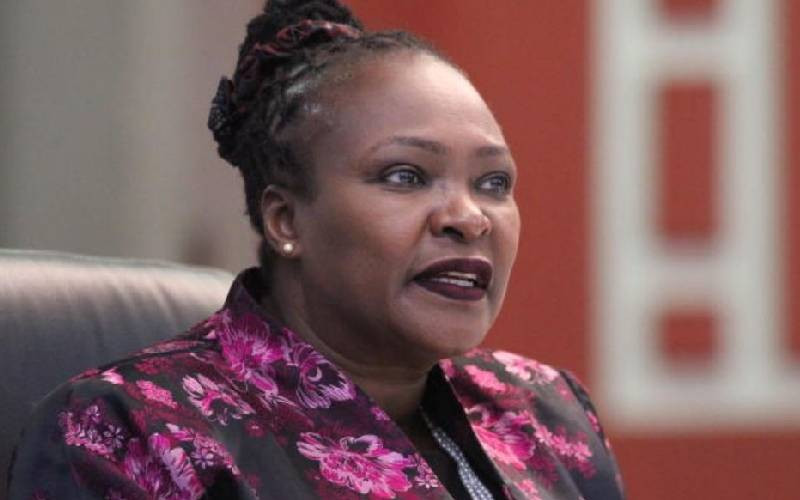
In my travels I have encountered leaders from small and large countries and here is what I have learned about strategic leadership and governance, the characteristics of a great leader, and how s/he relates with his/her citizens/people.
If you are a leader who can look at yourself in the mirror every morning and say to yourself, I have no one’s blood in my hands and no one’s money in my pocket, I have done right and the best by my people and my conscience is clear, then you are doing extremely well and are a great political leader.
Leadership is about cultivating and sustaining trust, confidence, loyalty and being truthful, honest, reliable, and predictable and most importantly taking responsibility for your actions. A real leader empathizes with his/her citizens and does not discriminate against any of them no matter their political opinions and affiliations.
According to Google, a good leader has integrity, is self-aware, humble, pragmatic, courageous, respectful, compassionate, resilient, stoic, agile, visionary, and grateful, and shows it and collaborates effectively. S/he listens and appreciates advice and constructive criticism, does not suffer fools easily, is not arrogant, and is not a know-it-all.
Humility helps a leader know his/her limits and listen to others who may have more useful ideas and perspectives. A person who lies to his/her people/team has no integrity and if s/he oppresses and bullies them, also loses their confidence and cannot be trusted. Political leaders lie because they can and and get away with it because their followers and supporters have no courage to call their leaders’ bluff. Bad leaders do not treat their people with respect and do not nurture, mentor, and grow new/future leaders.
When they occupy positions of political power they want to reign supreme for as long as possible and do not want to prepare a successor. This is why most institutions fail because they lack a great transition and succession plan as their leaders want to hang on to power as long as they can.
There are many leadership training programmes that focus on emotional intelligence, humility, and self-awareness, three critical characteristics of great leaders. However, humility is difficult to teach although people argue one can learn to be humble.
In my experience, people with great confidence, high emotional intelligence, empathy, self-criticism, and self-awareness, self-analysis, who venture out of their comfort zone and take calculated risks tend to realise how little they know in the grand scheme of things are humble because they realise they can learn from anyone, including children and those they lead.
Although politicians sometimes do not have sufficient time to learn to be great leaders, their handlers must help them become better and give them tools to manage their blind spots. They should consider employing 360-degree assessments and getting a personal coach to work through issues especially those that prevent them from being great leaders.
In the film Invictus, Nelson Mandela, played by Morgan Freeman demonstrates the transformative power of leadership through humility, listening and embracing advice, inclusive leadership, leading by example, admitting mistakes, embracing criticisms, and weaknesses, building trust and confidence, reconciliation, strategic vision, effective communication, resilience in the face of adversity and extreme provocation.
Thinking and working for the benefit and interests of others, putting others before self, and working for the greater good are vital components of great leadership. Self-praise, hubris, and special treatment when it is convenient undermine good leadership and must be resisted by all means.
It is important to live by the same rules and standards you expect of or from your team. Leadership means, therefore, leading from the back, front, and sides and from the middle when the situation calls for it and being secure enough to allow others shine and acknowledge them when they do good.
Finally, great leaders ensure effective and efficient communication, and positive attitudes/energy, and wherever there is no consensus people can differ in civility, respect and integrity. A negative attitude is like a punctured tire, you must change it before you can move forward.
 The Standard Group Plc is a multi-media organization with investments in media
platforms spanning newspaper print operations, television, radio broadcasting,
digital and online services. The Standard Group is recognized as a leading
multi-media house in Kenya with a key influence in matters of national and
international interest.
The Standard Group Plc is a multi-media organization with investments in media
platforms spanning newspaper print operations, television, radio broadcasting,
digital and online services. The Standard Group is recognized as a leading
multi-media house in Kenya with a key influence in matters of national and
international interest.
 The Standard Group Plc is a multi-media organization with investments in media
platforms spanning newspaper print operations, television, radio broadcasting,
digital and online services. The Standard Group is recognized as a leading
multi-media house in Kenya with a key influence in matters of national and
international interest.
The Standard Group Plc is a multi-media organization with investments in media
platforms spanning newspaper print operations, television, radio broadcasting,
digital and online services. The Standard Group is recognized as a leading
multi-media house in Kenya with a key influence in matters of national and
international interest.


